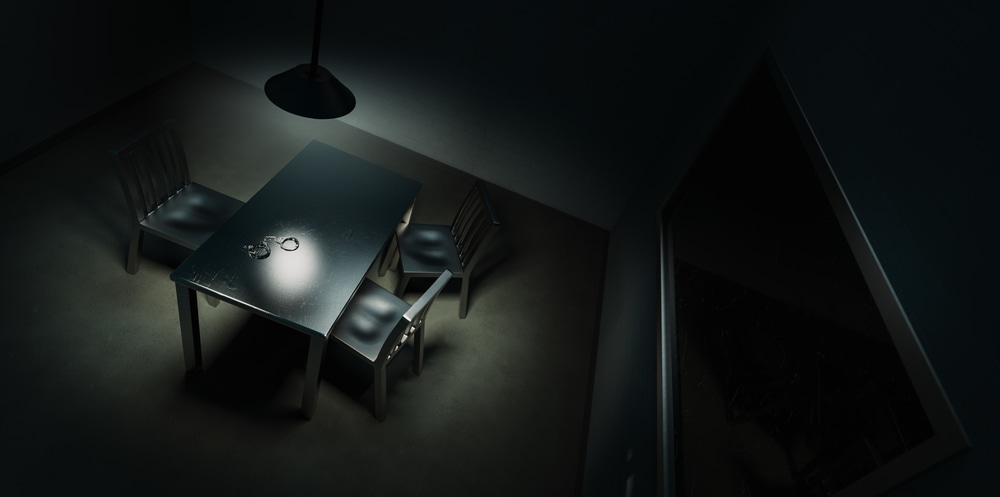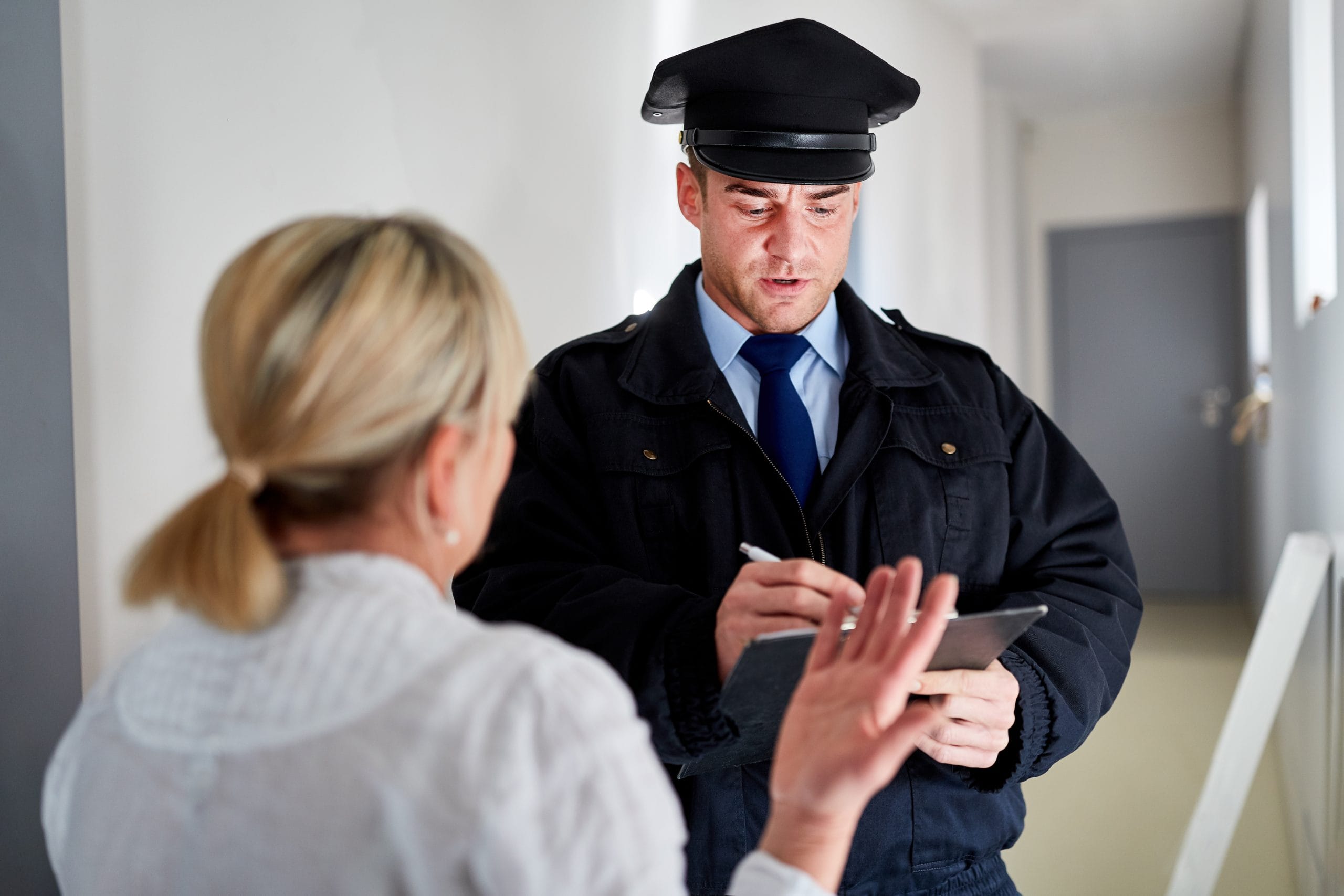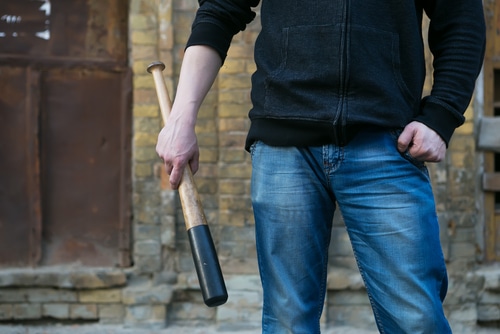In case you haven’t heard, there is a fervor currently surrounding the iPhone 5C that San Bernadino shooter Syed Rizwan Farook used as part of his job with San Bernadino County. This fervor stems from the FBI wanting access to the phone and Apple resisting their demands, and public pressure, to simply unlock the phone. The County has given the FBI permission to access the phone which is their right as a signed agreement existed between Farook and San Bernadino County. Only problem is, they didn’t install the $4/month software which allows remote access.
That said, there is a reason you should side with Apple in this instance, and it’s rather an easy decision if one were to think logically about it. To begin, a history of the Fourth Amendment is necessary.
History of Fourth Amendment
The Fourth Amendment protects people against unreasonable searches and seizures and/or requires the government to first obtain a warrant. The necessity of the Fourth Amendment finds its foothold way back when the United States was still an English colony. More specifically, the real impetus behind the Amendment were general warrants which allowed the English government to search anyone, anywhere, anytime, for anything, and the Writs of Assistance Case featuring James Otis.
A young John Adams – a burgeoning Massachusetts lawyer – was present during the entirety of the Writs case and took detailed notes of the proceedings. That case, Adams’s notes, and the impression the case left on the colonies set the foundation for the Revolution. When it came time to draft the Fourth Amendment, James Madison relied heavily on Adams’s language from the Massachusetts Declaration of Rights, article XIV. It’s these search and seizure rights that make up the first part of the Amendment, which in my mind set the tangible boundaries of protection that should have gone unchanged.
Over time, however, the Fourth Amendment has been molded and shaped by various cases before the Supreme Court in an attempt to give meaning to its protections. In reality, it has been hacked and chopped to bits, providing the government more power and freedom for searching and seizing than ever envisioned by Adams or any other Founder. One thing, though, is still without doubt – any warrantless search is per se unreasonable.
Now, to the topic at hand. I understand what the government wants, and I have heard many of the arguments made by the public and by the victims of this terrible tragedy. Yet, without being too insensitive, they are all wrong.
The Fourth Amendment is meant to protect everyone from government overreach. But, because the Supreme Court has seen fit to carve into the protections granted us by the Founders, it is now necessary to correctly determine what is reasonable and what is unreasonable. Consequently, the Fourth Amendment needs to be tested.
And this is where the conundrum lies.
Testing the Fourth Amendment
Who is more likely to test those protections – criminals or law abiding citizens? It is illogical to think that everyday citizens could ever fully test the Amendment. Nor would most care to give it a try. Unfortunately, then, it takes instances like the San Bernadino shootings, drug dealers concealing dope and guns, and other various criminals to fully test the scope of the Fourth Amendment.
The hard, honest truth is that without these criminals we law abiding folks would be left unprotected. The government is and would be fully capable of running rampant amongst our rights and securities. A certainty which has been shown time and again in many cases. Thus, Apple needs to stand firm.
The reasoning is backwards, but the realization is clear. Apple cannot succumb to the pressures exerted upon it by the government, or even by the public at large. If Apple were to cave now, it would set a precedent that the government would use to search anybody’s phone, computer, tablet, insert technological innovation not yet thought of, in the future. You may not agree with the circumstances. But, if you worry about government overreach into your personal securities and rights – which you should – you would be backing Apple, and not the FBI.
[1] County gave feds OK to unlock killer’s iPhone, but it never installed feature allowing remote access
[/fusion_text][/fusion_builder_column][/fusion_builder_row][/fusion_builder_container]





